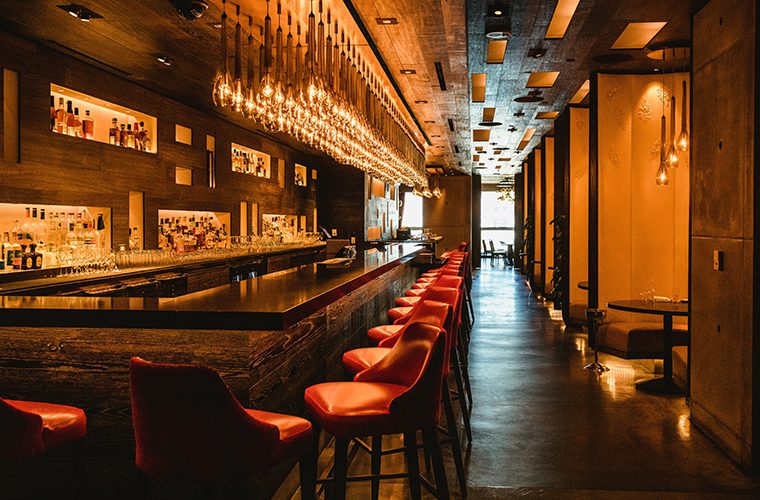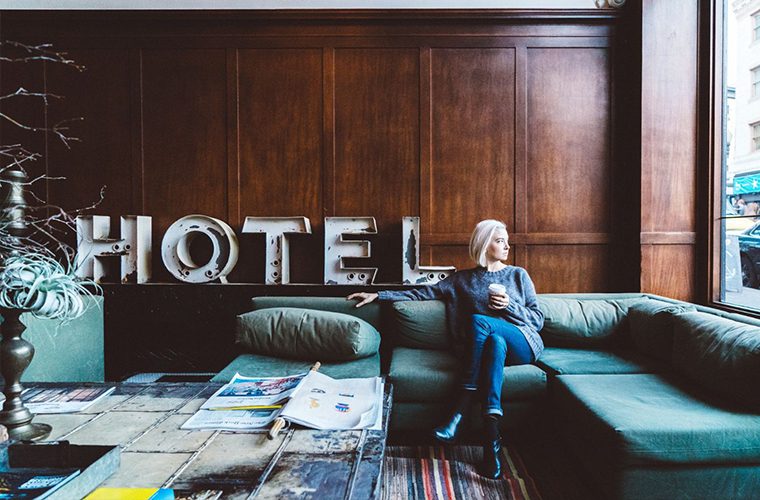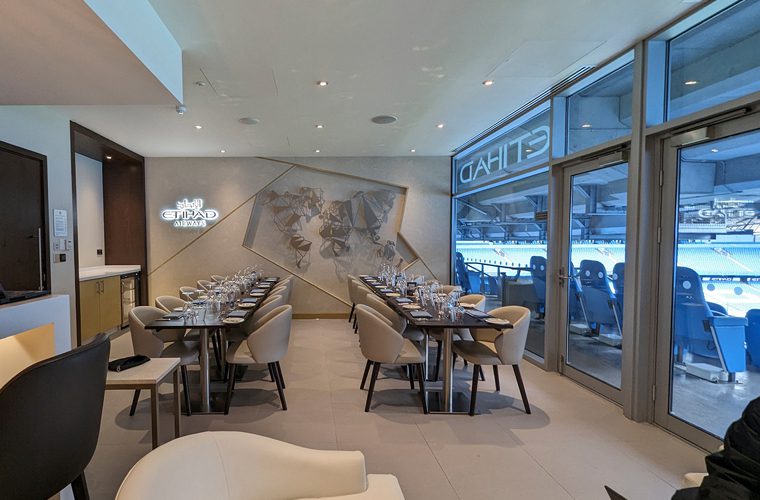
With borders fully open and travel back on the cards, 2023 was a great year for the hotel industry both at home and abroad. 2024 is shaping up to be even more transformative, with a raft of exciting new openings slated to take place. There’s also an incredibly creative, energetic, and innovative feel to the sector, with unique ideas and engaging concepts being put forward to challenge the traditional hotel model.
With all that said, here's our pick of the top 24 trends we look forward to seeing much more of over the course of the next 12 months:
1. AI will increasingly streamline operations
Many hoteliers acknowledge that endless paperwork can cause staff to become disconnected from customers. It’s also tedious and can be an inefficient use of precious resources. We expect to see AI being used to a higher level to automate some backend processes, freeing up front of house staff to focus on delivering exceptional experiences to guests.
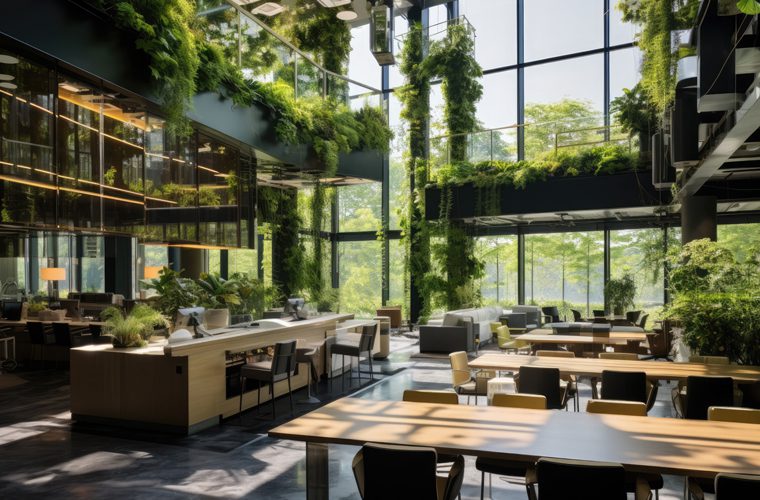
2. Biophilic design
Post-pandemic there’s a tangible desire to feel closer to nature, to prioritise wellbeing and better care for the world around us. Biophilic design is nothing new but as sustainability becomes ever more important to guests – and therefore, hoteliers – features like living walls, the use of natural materials, and abundant plant life are set to be ubiquitous. Expect this trend to influence design choices for both public spaces and guest bedrooms.
3. Personalisation to the fore
Today’s consumers expect personalised experiences from brands. That extends to the hotels they frequent too. Personalising stays will require a focus on data-based decision making, the collection of customer data and a willingness to go the extra mile.
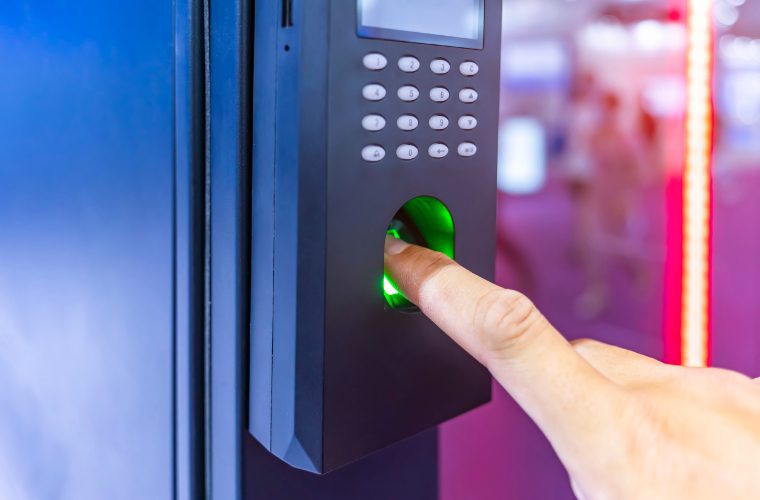
4. Introduction of biometric security
Biometric authentication systems promise both enhanced security and seamless access to spaces. While they may sound like something from a spy caper, some forward-thinking venues could well deploy this technology to grant access to specific amenities, such as room entry, or spa spaces.
5. Exclusive immersive and experiential experiences
Curating immersive or experiential experiences to engage the senses, such as interactive art installations, culinary workshops, or guided tours led by local experts, provides a point of difference. It also makes the hotel a destination in its own right. We expect to see more hotels experimenting with immersive offerings to find their niche.

6. Smarter hotels
Smart technology is now widely accessible, which means features such smart room controls, virtual concierge services, and contactless check-ins should become more widespread. They enhance convenience and efficiency for guests, while also setting the property apart as modern and forward looking.
7. Adoption of the airline model
In an era where competition is fiercer than ever and consumers are increasingly demanding autonomy over their budget, the airline model is a really interesting prospect. This would see hotels imitating low cost airlines by allowing guests to pay for additional items to upgrade their stay in a way that makes sense to them.
8. Wellness as a core offering
We’re already seeing this trend being embraced, with hotels prioritising holistic wellness. This can take many forms, including the creation of dedicated wellness suites, yoga studios, meditation spaces, or the addition of spa facilities for guests to rejuvenate mind, body, and soul.
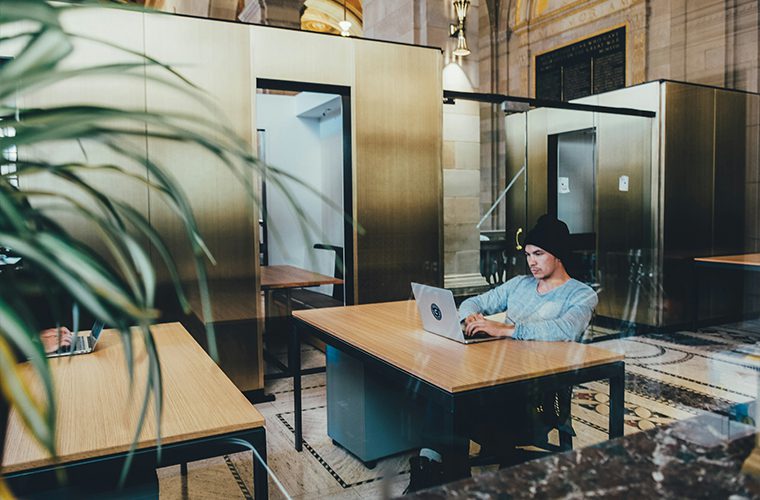
9. Co-working spaces for digital nomads
To cater to the needs of the growing army of remote workers, hotels could do well to pivot to grow their revenue streams.
Turning under used or disused space into flexible co-working areas equipped with high-speed internet, desks, and equipment, or offering meeting rooms for hire, could well be a very lucrative step.
This doesn’t just promise to generate recurring revenue associated with room, desk or space hire, it can also boost sales in hotel bars, restaurants and other leisure spaces such as spa facilities.
10. The emergence of a minimalist aesthetic
Embrace clean lines, neutral palettes, and clutter-free spaces to create a sense of tranquillity and simplicity and your space is sure to resonate with modern travellers seeking more relaxing escapes.
For those seeking solace from the hustle and bustle of modern lives, this could prove to be an intoxicating offering and is something that we expect to see explored much more thoroughly by hoteliers this year.
11. Local gastronomy as a point of difference
We’ve seen a growing number of hotels really invest in making their in-house dining unmissable food destinations, not just for hotel guests but for wider communities. Smart hotels can take this a stage further by showcasing regional flavours and ingredients in their commercial kitchens, offering menus curated by renowned local chefs to truly bring a sense of place to guests.
12. Dedication to social responsibility
Partnering with local charities or implementing community outreach programs is an increasingly popular way to give back. We hope to see more hotels embrace this trend and make positive contributions to social causes and their immediate surroundings. Whether that’s by organising a beach clean-up, pledging to protect local wildlife, or mentoring local students, there’s an abundance of ways these types of programs could be developed.

13. A laser focus on social media
Platforms like TikTok and Instagram are key marketing channels for hotels. Partnership with influencers, an investment in content and a dedication to building communities can all generate buzz – and more importantly – bookings.
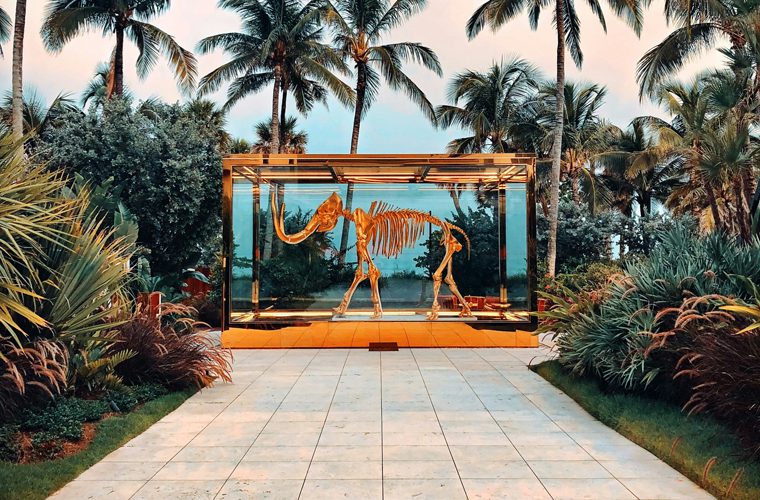
14. Artisanal touches
We’re expecting to see more properties showcase local craftsmanship and artistry this year. That can be achieved in multiple ways, from bespoke furniture and handcrafted décor elements to curated art installations that celebrate the hotel's cultural identity.
15. The rise of multi-functional lobbies
Why not transform your lobby into a vibrant social hub? Jumping on this trend could see functional, utilitarian spaces reimagined as a gathering space for friends, co-working areas for digital nomads, or even venues for live performances and pop-up events.

16. Sustainability
We are certain to see sustainability initiatives permeating more areas of the hotel business in 2024. If you want to get in on the trend early, you’ll need to think about embracing eco-friendly tools such as energy-efficient lighting, smart heating, natural ventilation, water-saving fixtures, and sustainable building materials such as bamboo.
17. The emergence of digital detox zones
It is possible to have too much of a good thing. Digital detox zones are the antidote to our always on, always connected culture – and we think they could become more widespread over the course of the next few years.
Hotels keen to embrace this trend will need to carve out designated spaces within the property where guests can disconnect from their screens and engage in other activities like reading, board games, or meditation.
18. Flexible room configurations
Modular rooms with adaptable layouts and furnishings don’t just make it easier to accommodate the different needs of guests. They also make it possible for hotel businesses to react quicker to changing needs, deliver personalised guest experiences and tap into new trends as they emerge.
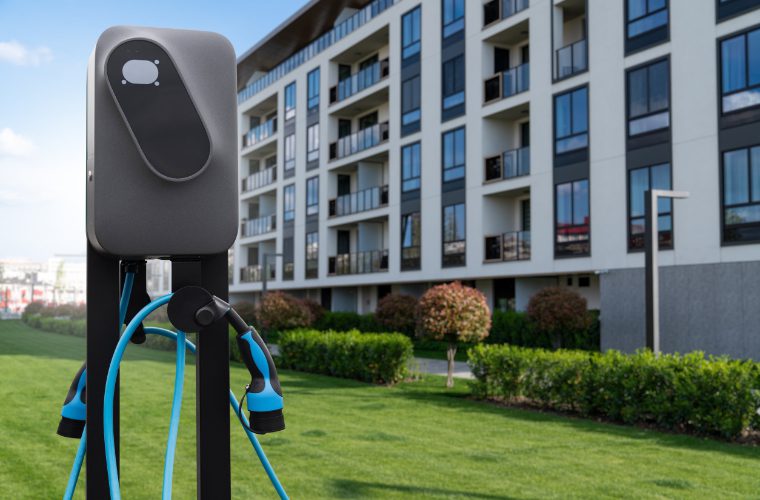
19. Transportation
How we navigate our towns and cities is changing, so it follows that the hotel industry’s approach to transportation is ripe for evolution too. Installing electric vehicle charging stations in car parks, offering bike-sharing programs, or investing in shuttle services powered by clean energy are just some of the ways that hotels can adapt and stay ahead of competitors.
20. Inclusive design
Basic accessibility for guests of all abilities is nothing new. Features like wheelchair-friendly rooms, audible alarms, braille signage, and tactile maps for navigation are all commonplace. But we expect to see the most progressive hotel businesses going further in their inclusive design practises. This could mean having dedicated rooms for neurodivergent guests for example or being mindful of noise levels in public spaces.
21. Agility in guest services
Anticipating and catering to the diverse needs of guests, including by taking a pro-active approach to dietary restrictions, cultural preferences, and personal interests, is the next frontier in guest services. This trend is about the smaller details that have a big impact on hotel operations. The ability to cater to gluten free guests for example could influence commercial kitchen designs.
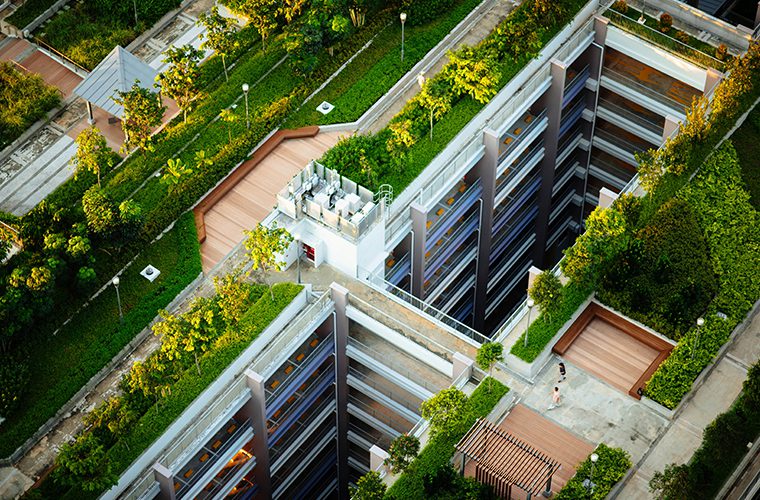
22. Design a rooftop garden
Making the most of any outdoor space is a trend that we’re pleased to see coming back around. Of course, not all properties are blessed with outdoor space naturally so some clever thinking and creative design could be required. That could mean building a rooftop garden with bar or developing alfresco dining areas to better showcase panoramic views.
23. Bring in virtual reality
A great stay begins before your guests even arrive. Incorporating smart technology into the fabric of your building means you can enhance the booking experience with virtual reality tours that allow guests to explore hotel facilities, room options, and local attractions from the comfort of their own homes.
24. Sustainable water management
Building in water-saving initiatives like rainwater harvesting, greywater recycling systems, and low-flow fixtures doesn’t just conserve water resources and reduce wastage. It can also reduce utility bills and generate notable cost savings, too.
